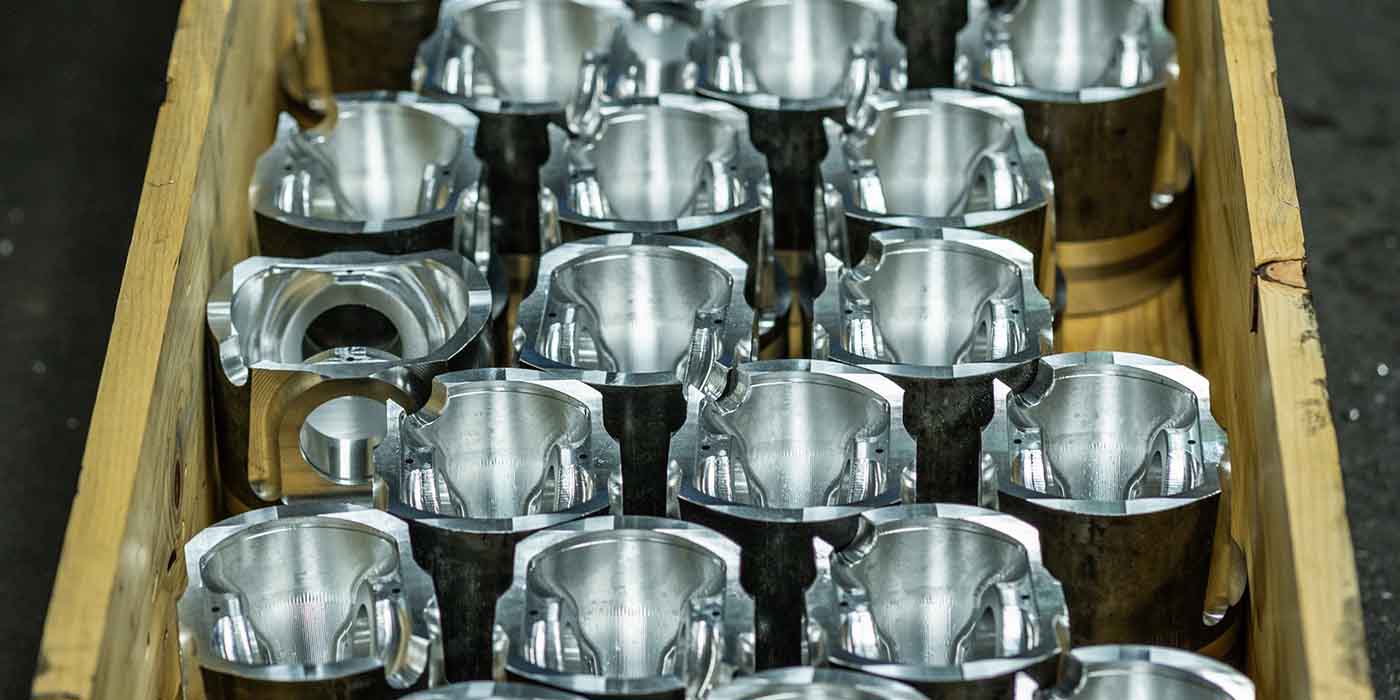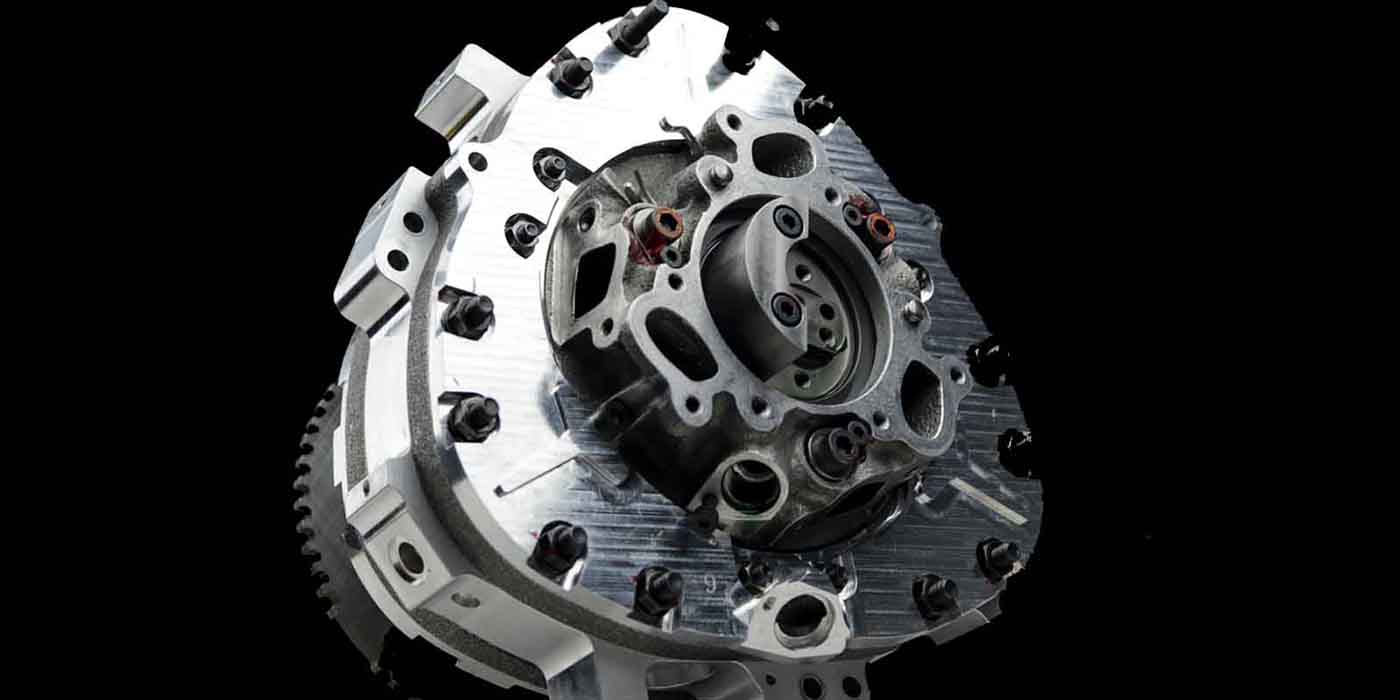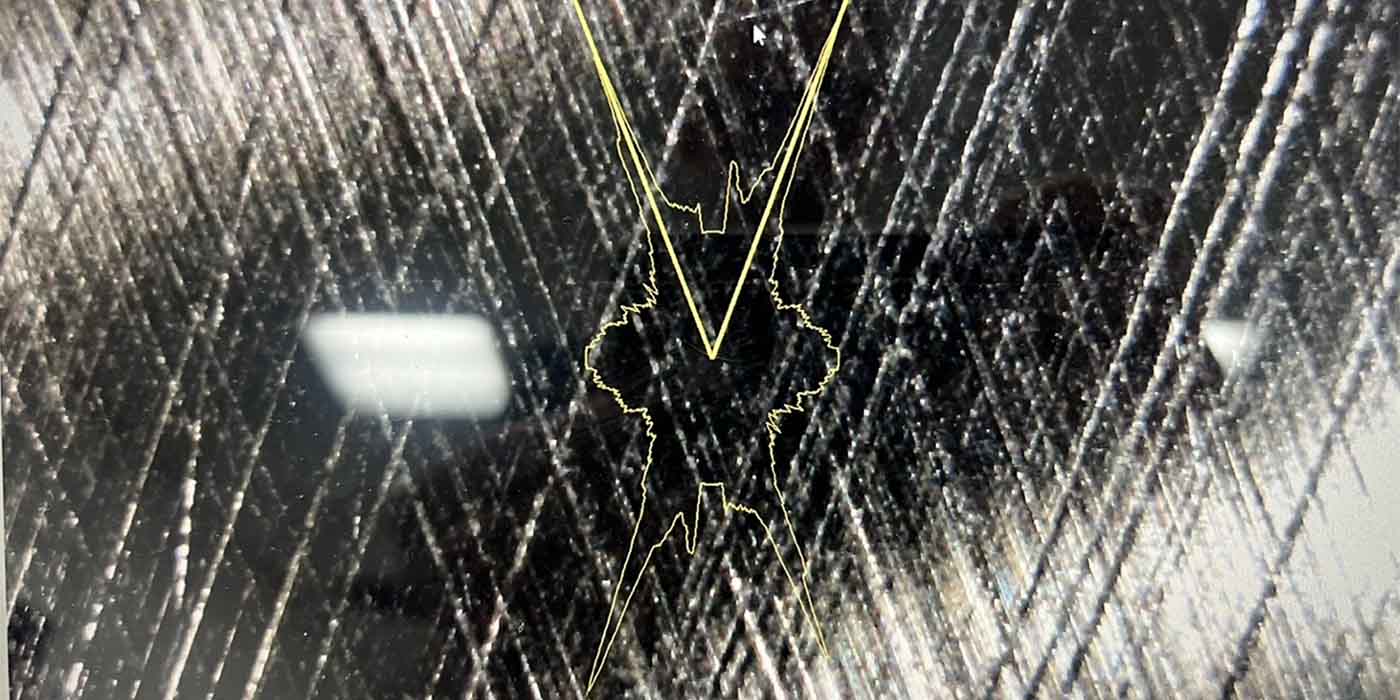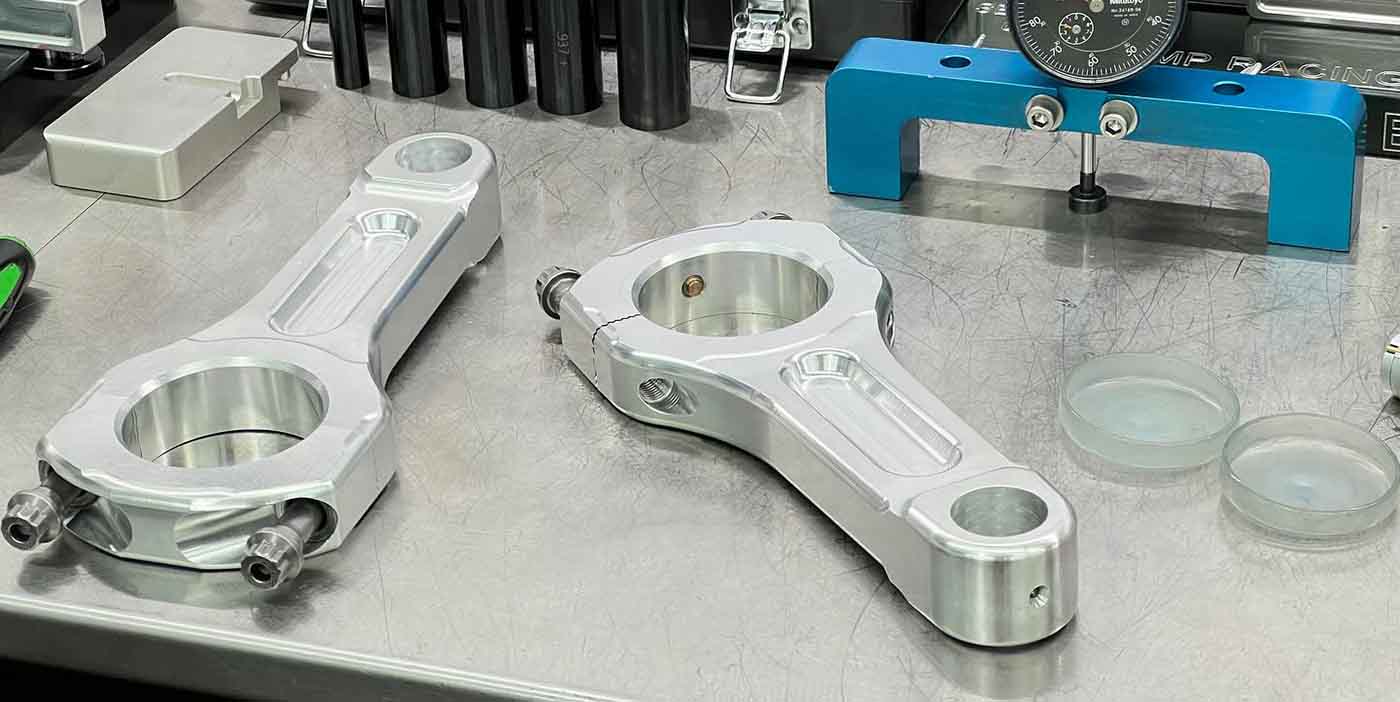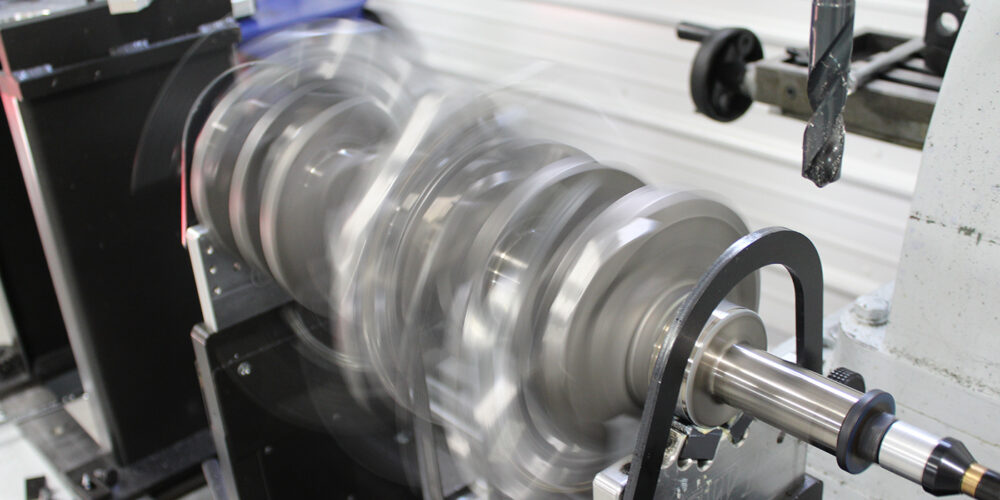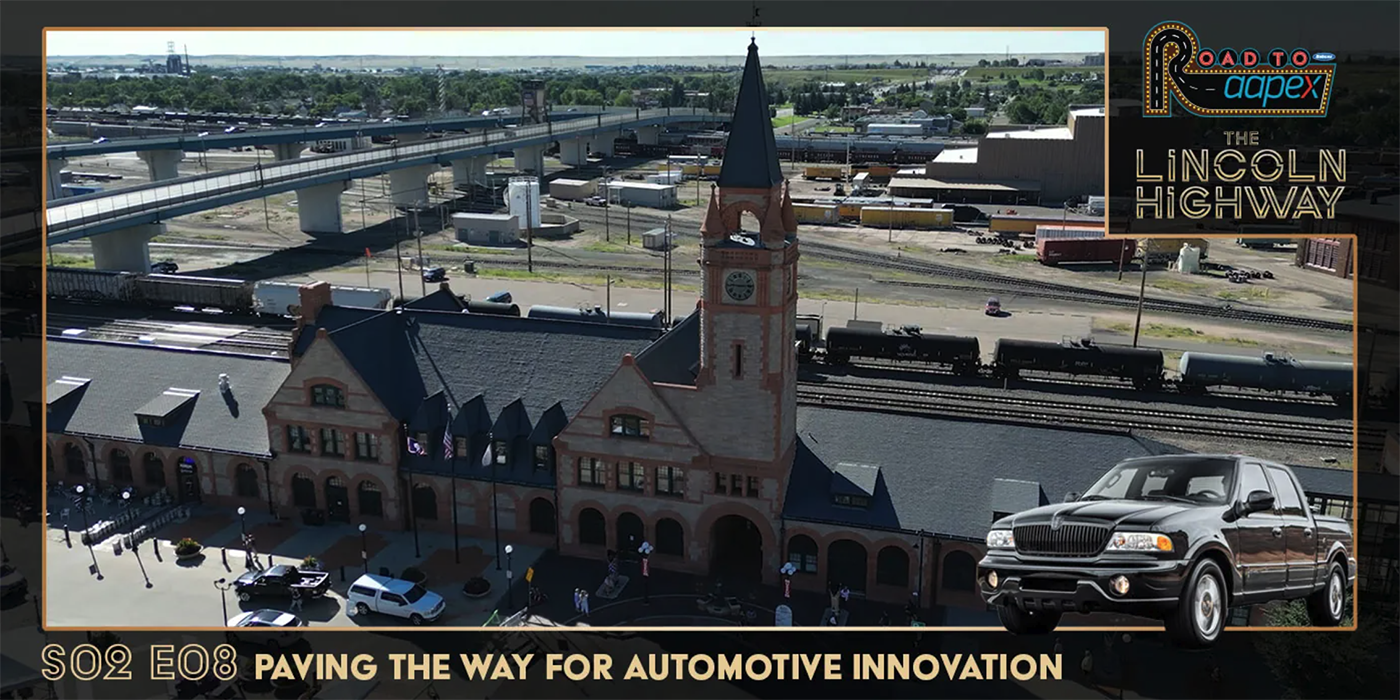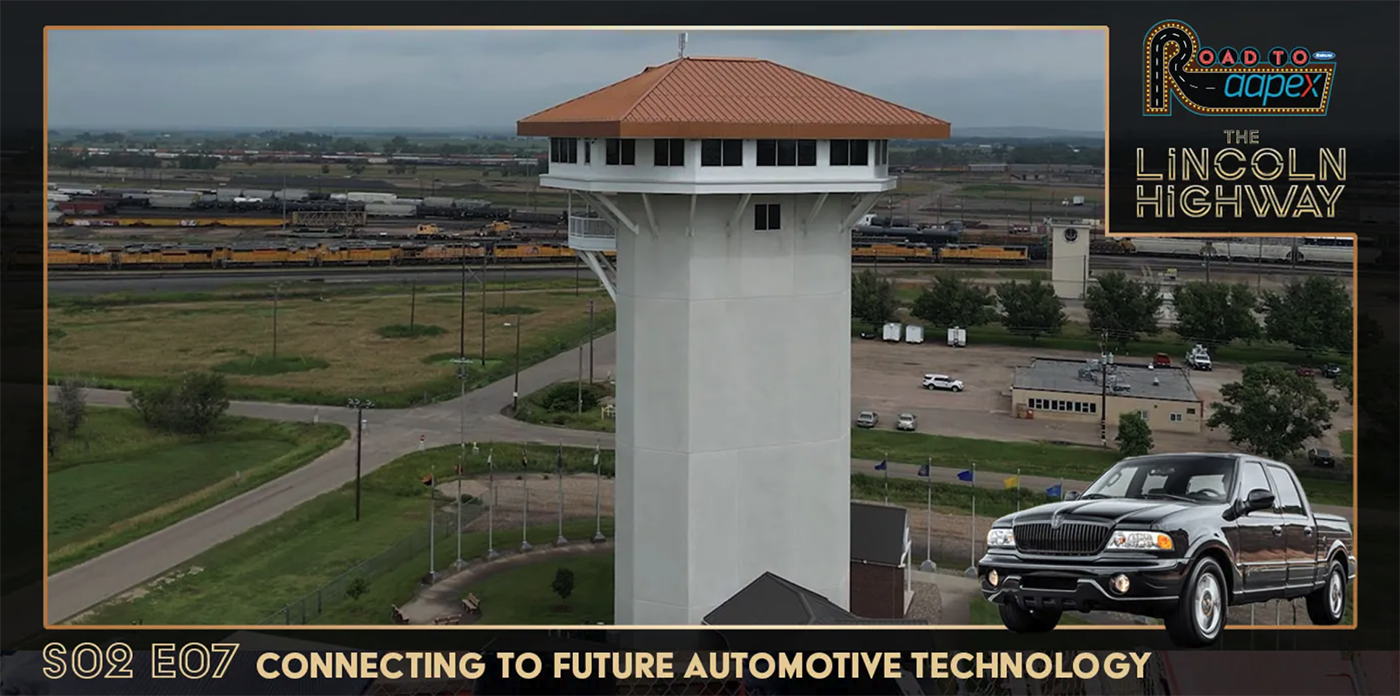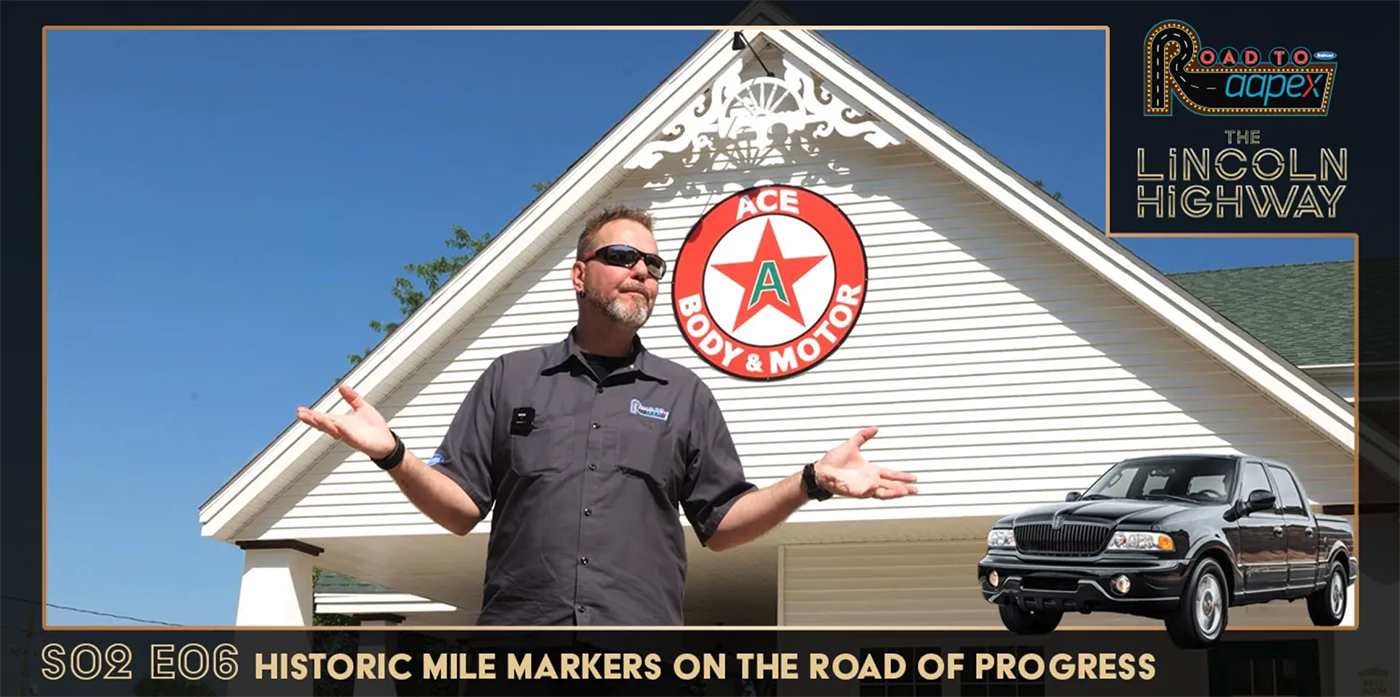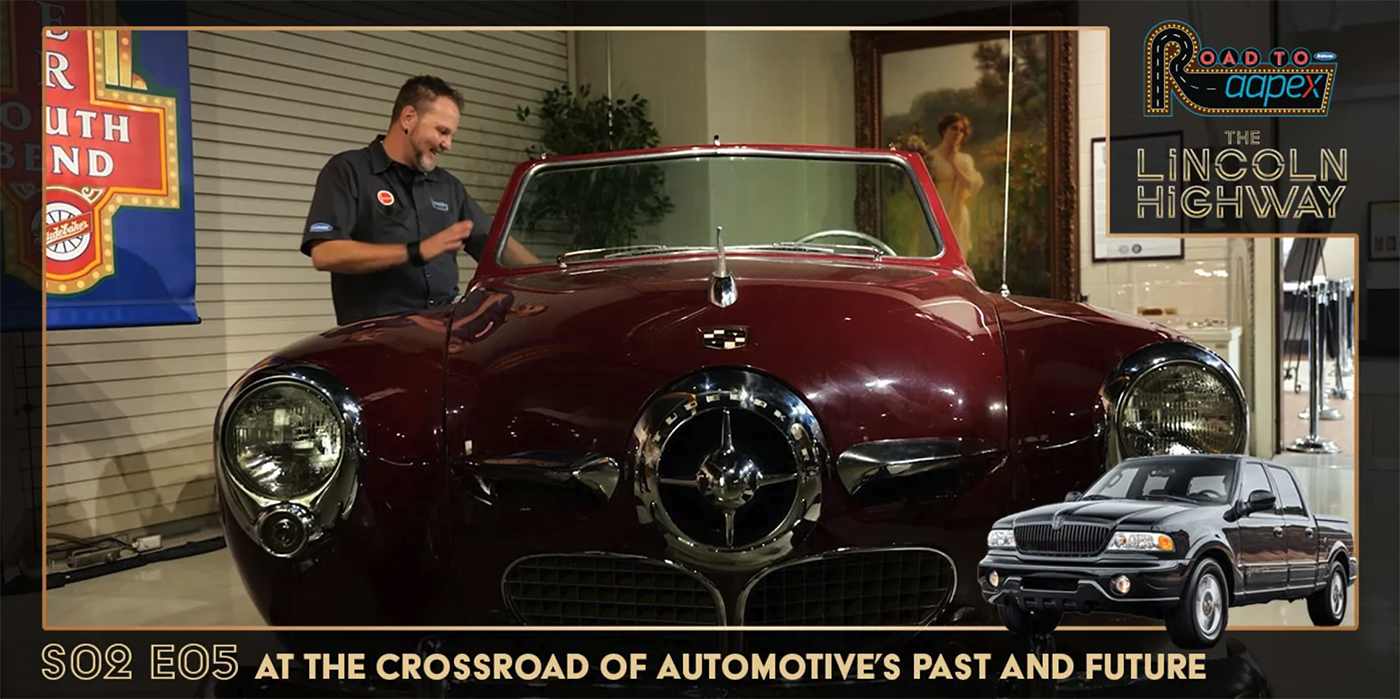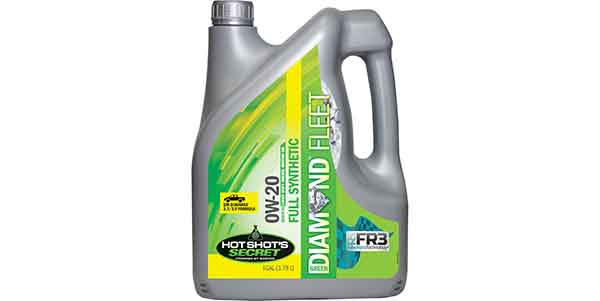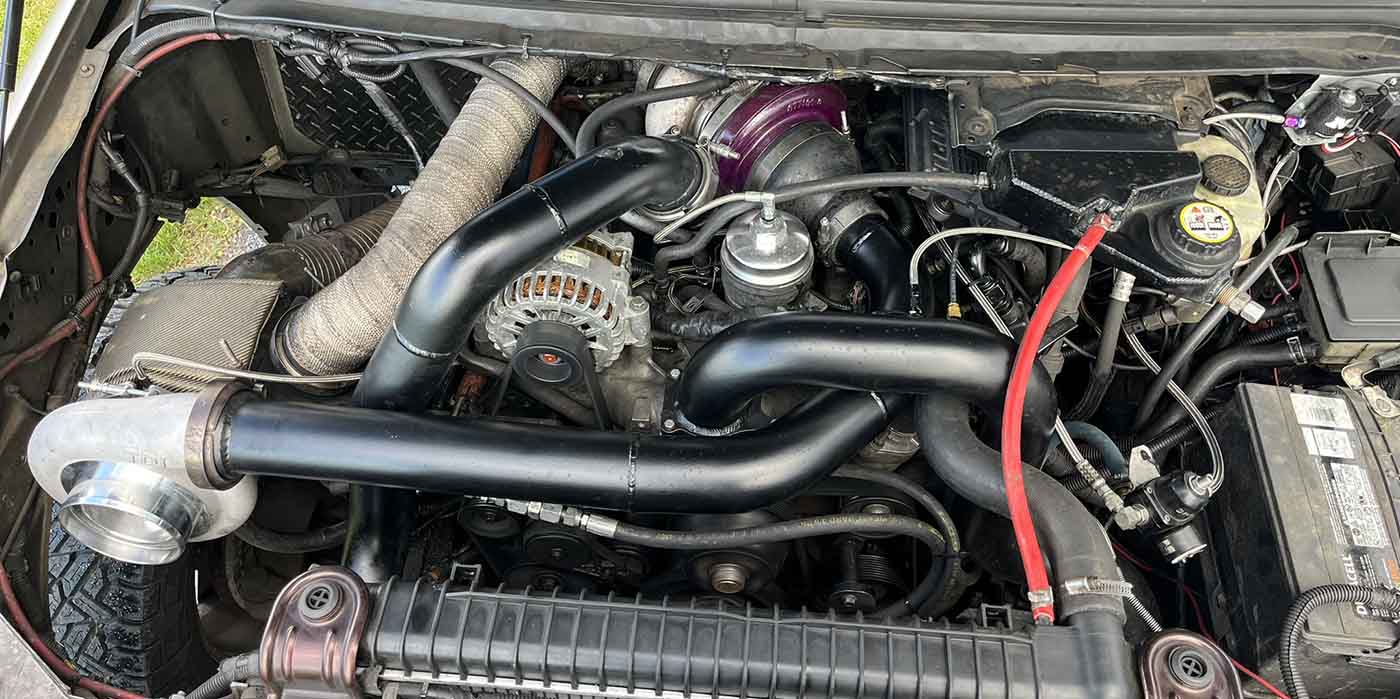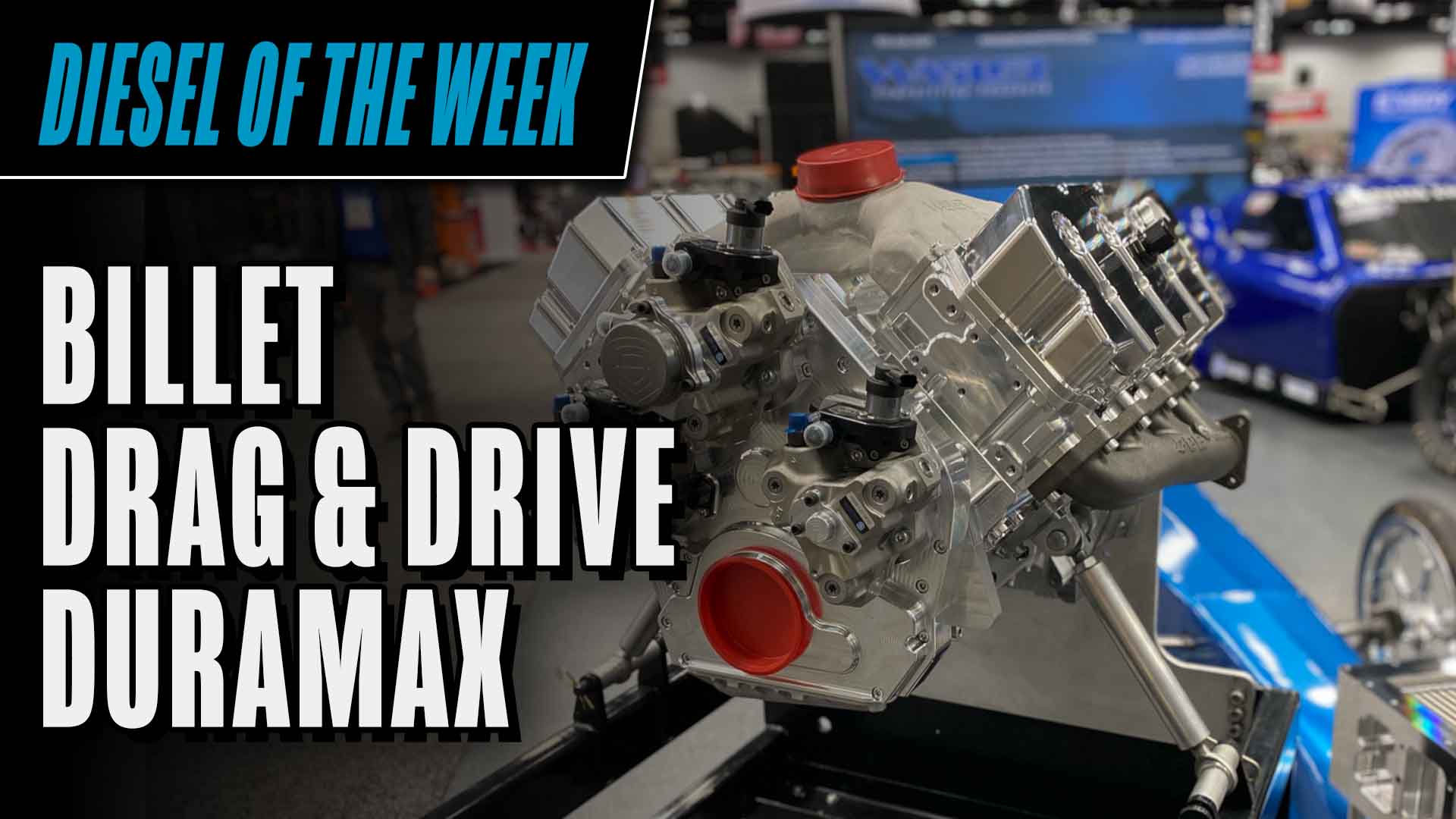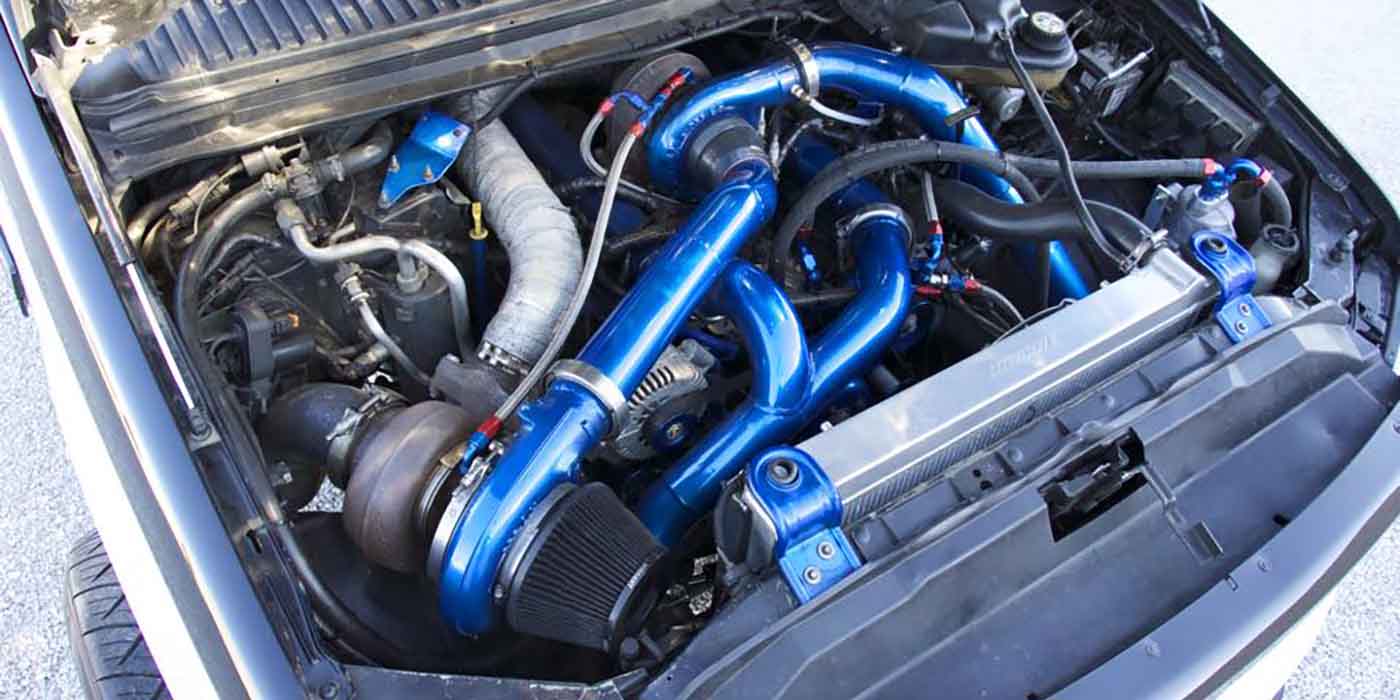When your customers regularly compete against some of the top names in the engine building business and win, you can either brag about your accomplishments or build upon their success. For Charlie Miller, the satisfaction of helping his customers win is more satisfying than trumpeting his own praises.
The owner of Miller’s Machine Shop in Lincoln University, PA, the 2016 Diesel Engine Builder of the Year, has been building winning engines since he was 10 years old. He says his customers come first on the track. “I’ve debated on building my own pulling truck, but what I’ve learned in the past is that when your competitors are your customers, things can be real tough.”
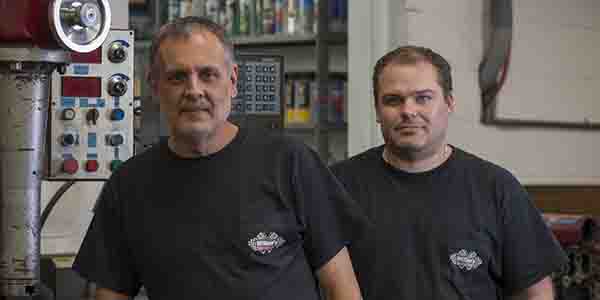
The Diesel Engine Builder of the Year is one of three categories in Engine Builder’s annual competition. Sponsored by Federal-Mogul Motorparts’ Sealed Power and Fel-Pro brands, the contest looks for shops that are great examples of creativity and innovation, merchandising and promotion, professional standards, conduct and appearance, solid business management and growth, achievement and a passion for what they do. Miller has exhibited these characteristics nearly his entire life.
“I started off pretty young. My dad worked in an auto parts store (remember, they had machine shops in them back in the day) and he opened up his own place, Jess Miller Machine Shop in West Chester, PA, back in 1975, out of a little one-car garage,” Miller says. “Back then, he did a little bit of everything; old school diesels, general automotive and a lot of drag racing stuff too.”
Starting when he was 10 in about 1976 or ’77, he was working in the shop with his father, basically cleaning stuff up, Miller says. “At that age I was just interested in working on go-kart engines and motorcycle stuff, but what I was really doing was starting to learn the trade. So I progressed into the bigger builds and started doing all the bottom ends on drag race motors and all that good stuff. In 1979, he moved into a bigger building and shortly after that he again doubled the space. In 1982, when I was still in high school, I was working for him full time through a work release program.”
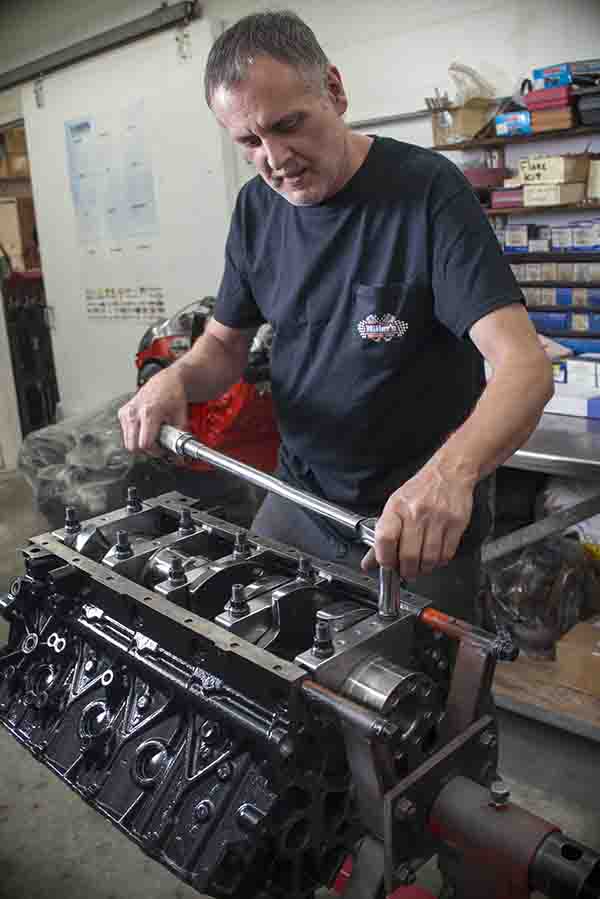
Miller learned his skills at the feet of a master, he says. “I mean, back in those days, we were doing work for Bill “Grumpy” Jenkins and Jungle Jim Liberman, both Pennsylvania boys, as well as a lot of the East Coast Funny Cars and other racers. A lot of that stuff was built out of machine shops like my dad’s – nothing like it is today. A lot of the top guys have their shops in their trucks now!”
Miller says his father specialized in crack repair because “those guys would spend a million hours porting heads and they would crack all the time. My dad was great at fixing them.”
In 2010, the elder Miller retired, so his son took over and formed Miller and Testerman Automotive Machine Shop with Donny Testerman, and moved the shop to its current location in Lincoln University, PA. Charlie is now the sole proprietor of Miller’s Machine Shop after the retirement of Testerman – but he’s not working alone. His son Jason is following in his footsteps and business keeps growing. The change from the old days, Miller says, is that diesel, not gas, makes up the bulk of his work.
“It seems like the diesel stuff is definitely taking over, at least on the performance side of it anyway. We’re not entirely diesel, but it seems to be slowly turning that way. Within the last year I would say we’re probably 80 percent. We get very little gas stuff anymore – although we find enough gas stuff to suit most shops,” Miller admits.
“My wheelhouse is the Duramax, Cummins and Power Stroke engines – that’s the size of diesels I like to work on. I do all of my porting by hand and we’ve been getting pretty good numbers out of 6.0L Ford heads, probably some of the highest in the industry,” Miller admits. “Cummins heads, too, I do real well with, especially the 12 valve stuff. We’ve got guys who are beating some of those really big name diesel guys.”
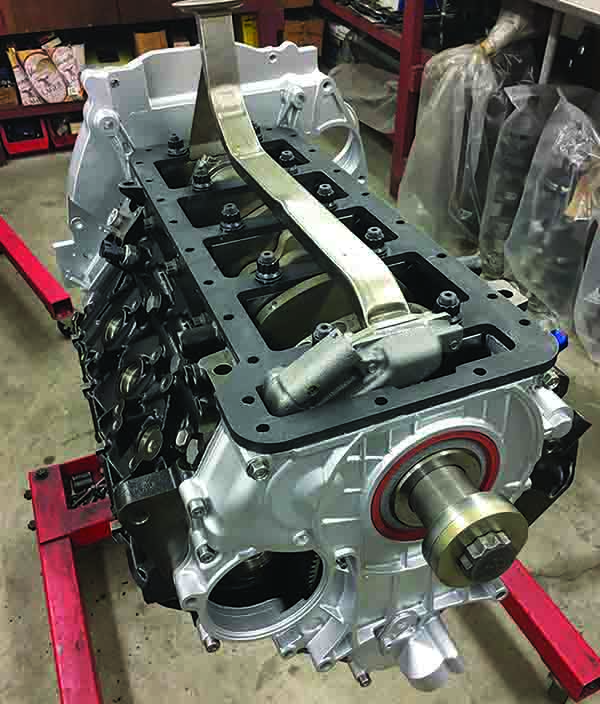
Miller stated he recently took a stock Cummins head for a customer, removed the intake plenum, fully ported and polished and did a competition valve job. The customer attended the most recent Scheid Diesel event and saw huge results with just the change in the cylinder head.
Miller believes that the shop’s commitment to diversity – Charlie and Jason will work on Porsches, BMWs and Volvos as eagerly as an antique John Deere tractor, muscle car or 3306 Cat – allows them to adapt technologies to seemingly incongruous applications.
“We still get some older cylinder heads in for Caterpillars and we do a fair amount of Detroit Diesel, the V6s and inline 6s as well as 4 cylinders. You know a lot of them are for stationary applications like generators or marine. But it’s stuff we learn from things we don’t see a lot that helps us,” Miller explains. “We get to see race cars, trucks, custom engines, nostalgics, classics, exotics and imports as well to really see what makes them work. We’ve learned how to transfer technology we learn from a performance gas engine to our diesels – sometimes it works sometimes it doesn’t.”
Miller acknowledges that, obviously, some of the technology just doesn’t apply, especially in the diesel world. “But airflow is airflow and that type of work obviously makes a big difference,” he says.
“I know I can take a job to [Miller’s] and it’ll be done properly, both for my regular customers or for my own engines,” says Andy Garrett, owner of Andy’s Diesel Solutions in Avondale, PA. “They’ve done anything from basically checking and/or resurfacing cylinder heads to all out machining of blocks; cutting pistons; valve jobs and porting on heads as well; O-ringing them; checking rods; line bore; pretty much anything I need done, I know I can take it to them and have it done properly with no issues.”
Garrett says he’s currently asking the Millers to “think outside the box” and utilize their R&D expertise for a performance project. “They’re actually working on a set of heads for me for my 6.0L pulling truck, Garrett says. “What we’re doing with them, we’re going to be out of the box. From my understanding, we’re going to be in unventured territory with some things that we’re trying. It’s kind of an R&D type of thing that’s going to be unique at the very least. We hope it all works out.”
Quietly building his reputation through such satisfied customers, Miller is eager to put his work against the biggest names in diesel motorsports. When he has, it has only solidified those relationships.
“I was at a major pull recently and I was using Miller’s 12-valve head that he scrambled to build for me because I broke mine,” says Jay Hill, from Hill’s Automotive Services in Kennett Square, PA. “Charlie worked literally from Sunday to Thursday to get a head done for that event. I had to pull to qualify because I didn’t qualify on points – I ended up taking first that Friday morning. Running against 20 trucks , we ended up putting three feet on them.”
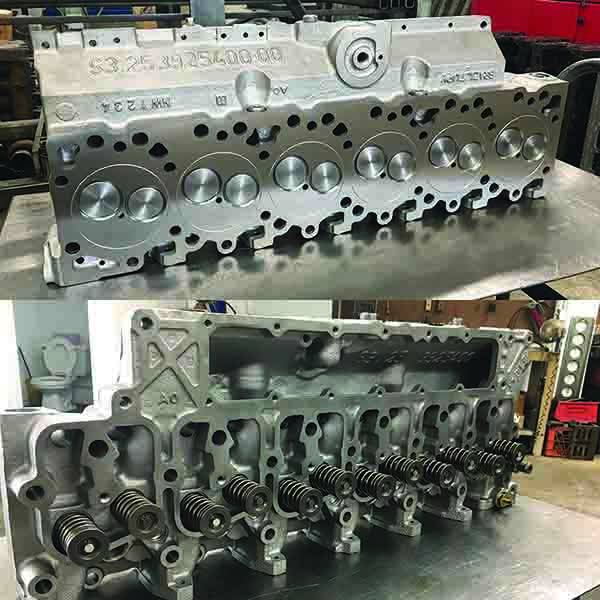
Miller says his customers drive him to do better with each component he machines and with each engine he builds. “I’ve had engines, cylinder heads and components from many other engine builders and frankly we are surprised by the quality of some of it. We see stuff that’s not torque plate honed or honed with the mains torqued on them, varying valve recession, etc. We have fixed those issues, made other improvements and customers are seeing good results.”
Miller acknowledges that his shop certainly is not as big as some of those other well known shops, “but some day maybe we will get our name out there,” he says. However, he insists he will not let his shop get too big, as he feels sometimes getting too big affects the quality of work – and Miller says he prefers quality over quantity.
Shop Services
Miller’s Machine Shop is, as evidenced by the name, a full-service machine shop for cylinder head, engine block, crankshaft and internal component operations.
“We do full balancing and everything.” Miller explains. “The only services we really don’t do in-house is flowbench, dyno and crank grinding. Usually, on diesel cranks, we don’t even have to get them turned. We polish ‘em and balance ‘em, but that’s about it. I’d say the majority of the diesel stuff does hold up well. It’s rare to have a catastrophic thing – they’re not like a gas engine that spins bearings and tears them up all the time. Sometimes someone blows their engine up and we’d be buying a new crank for it anyway.”
Miller did have a crank grinder at one time but had to get rid of it. “It was a monster that we could do D9 Cats with,” he says. “Not only is it really hard to make money cutting cranks, we just don’t have room for it in here.”
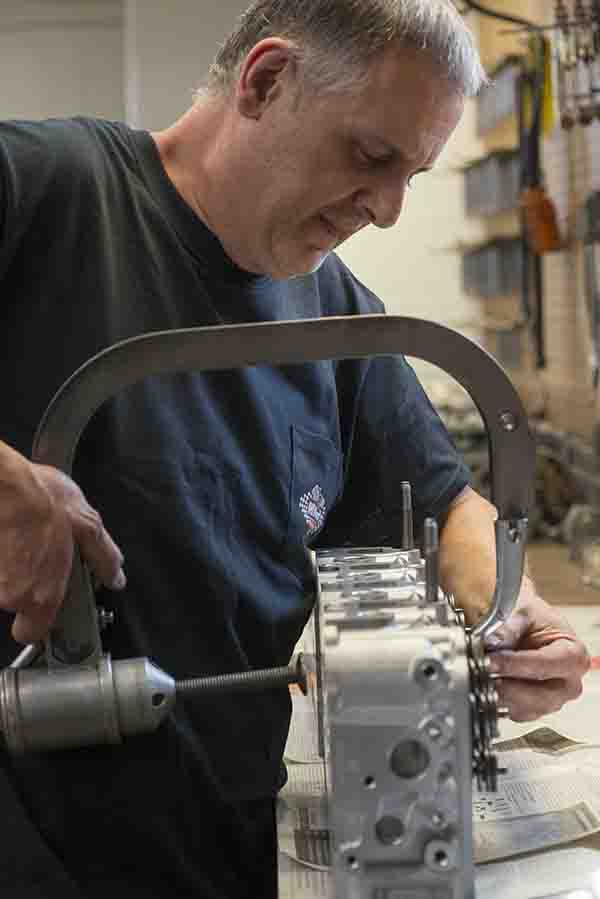
Miller’s Machine Shop is a 2,600 sq.-ft. shop still utilizing the equipment his father started with. “Some of it’s probably considered old school but my dad bought all this equipment brand new. I bought it when he retired and we take good care of everything. It still does a great job for machining even though we don’t have any CNC stuff here.
“My T&S cylinder guide machine is able to do two cylinder heads at once for the V8 stuff and we have many different profiles for the seats for different head configurations.
“For boring and decking we have a RMC 1550 boring mill. It can handle all of our V8 blueprinting. I use a Sunnen CV 616 automatic hone, and we probably have 40 some torque plates for all types of engines, diesels as well as numerous gas engines. Our line-honing machine is a CK 50 with mandrels that can accommodate 2 inch up to about 5 inch – we used to do the big diesel stuff back in the day, not so much anymore. Any flow bench work I do is sent out to a guy up the road who does good work, although getting our own is probably in our future if things continue the way it’s going.”
The Millers use the BHJ O-ring groove cutters and plates and O-ring any engine that produces more than 50 pounds of boost and o-ring or fire ring all race engines. “All 6.7L Cummins cylinder heads benefit with resurfacing and O-rings as they are notorious for head gasket issues,” explains Jason Miller.
Miller admits that the size of his shop constrains him when it comes to serving new customers to some degree.
“We do need more people,” he says, “but I’m trying to still keep things under control and keep us small. We really are busy enough to have at least one other person, probably two. It would be nice to maybe double or triple in size, but there are no plans right now.”
Miller believes the shop could do really well if it did have space for an engine dyno and maybe a flow bench and the necessary employees but debates about what might – and might not – be successful. ”I’m always worried about things getting slow – you don’t know how the economy is going to turn one day to the next and you get too big.”
For now, the Millers are servicing their loyal customers with high performing engines. “We probably build 30 custom gas and diesel engines a year in addition to the machining services we offer – my son Jason does a lot of Instagram and Facebook posts and puts stuff on our website. A lot of our guys eat that stuff up! Once you start doing work for one or two of them, they tell the next guy and word spreads. That’s how we get a lot of work – most of it’s local, but thanks to the internet and social media we have customers all over the world,” he says.
Relationships with parts suppliers are often easier than with customers, Miller concludes. “Long-standing partnerships with brands like Sealed Power, Fel-Pro and Federal-Mogul are important to us – they always were with my dad and we continue that to this day. I will say the majority of the customers I build engines for have their own shop so they often supply their own parts. In some cases, they’re even the right pistons and other parts. But many times, when trying to talk customers into using your parts, you might as well be talking to the wall.”
For more information about the 2017 Engine Builders of the Year Contest, visit www.topenginebuilders.com

